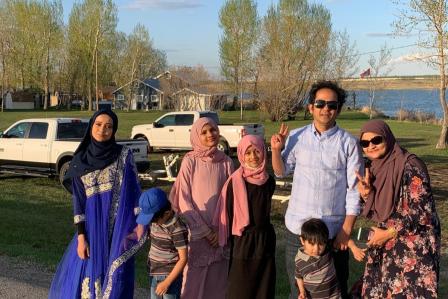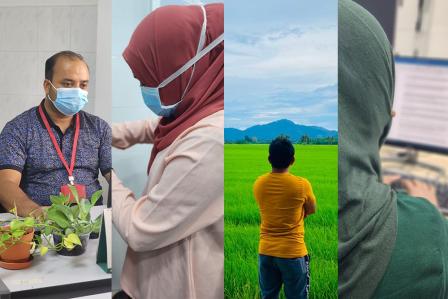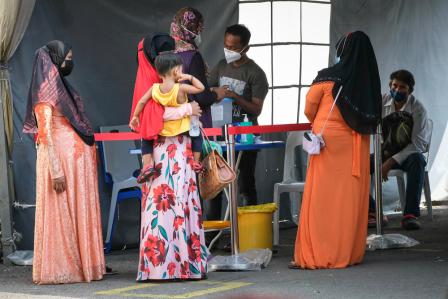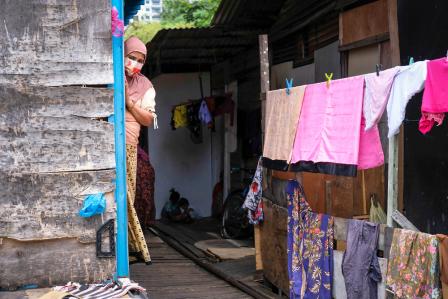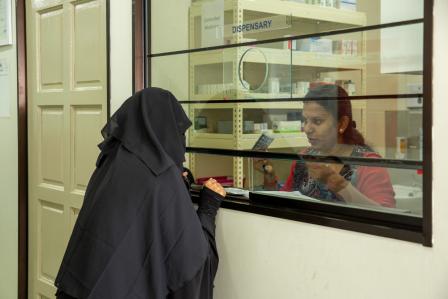Doctors Without Borders calls for policies that safeguard the health and dignity of refugees

©Richard Swarbrick/PRESENCE
Kuala Lumpur, Feb 6, 2024: International medical humanitarian organisation Doctors Without Borders/ Médecins Sans Frontières (MSF) expresses serious concern regarding the recent reports of over a hundred refugees fleeing the Bidor Detention Centre on Thursday night, including the tragic loss of two lives. The arbitrary and indefinite detention of refugees poses serious challenges and is a violation of international law. We call for collaborative effort focused on humane and sustainable solutions.
Doctors Without Borders has been conducting mobile clinics in a number of detention centers in Malaysia since 2017, providing medical care, mental health support, donations of hygiene items and medicine as well as trainings for immigration officers. We have provided nearly 4,000 individual consultations in the centres.
Froukje Pelsma, Head of Mission, says the conditions inside the centres, where people are detained arbitrarily and indefinitely, has had a detrimental effect on the physical and mental health of the detainees. The most recent incident, which is similar to that of the Sungai Bakap detention centre in April 2022, highlights once more the need to approach the plight of Rohingya people with compassion and understanding. There are currently around 2,000 Rohingya refugees in detention in Malaysia, who remain stateless with no recourse to obtain legal status.
"While acknowledging the complexities faced by the Malaysian authorities, we advocate for alternative solutions that ensure the well-being of refugees without resorting to indefinite detention. Our observations in detention centres revealed a high prevalence of health issues, including skin infections, respiratory tract infections, dental problems, and mental health challenges such as depression and anxiety resulting from hopelessness and helplessness. These issues are exacerbated by poor living conditions, limited opportunities for personal hygiene and a lack of mental and physical stimulation,” says Pelsma.
"In light of recent events, we reiterate our call for a comprehensive review of policies related to the detention of refugees. It is crucial to explore alternatives to detention, taking into account the vulnerabilities, pre-existing trauma and health needs of refugees," Pelsma added.
Doctors Without Borders commends the Malaysian government's collaborative efforts with humanitarian organisations like Doctors Without Borders to address healthcare concerns within detention centres. However, we stress the importance of transitioning from short-term measures to long-term solutions that prioritise the rights and dignity of refugees.
As an organisation dedicated to providing medical care to those in need, Doctors Without Borders calls for a renewed focus on dialogue and collaboration to develop policies that safeguard the health and dignity of refugees while addressing the legitimate concerns of host countries.
"We must work towards a more compassionate and effective approach. Doctors Without Borders stands ready to collaborate to find sustainable solutions that uphold the dignity and rights of those seeking refuge from conflict and persecution," Pelsma added.
